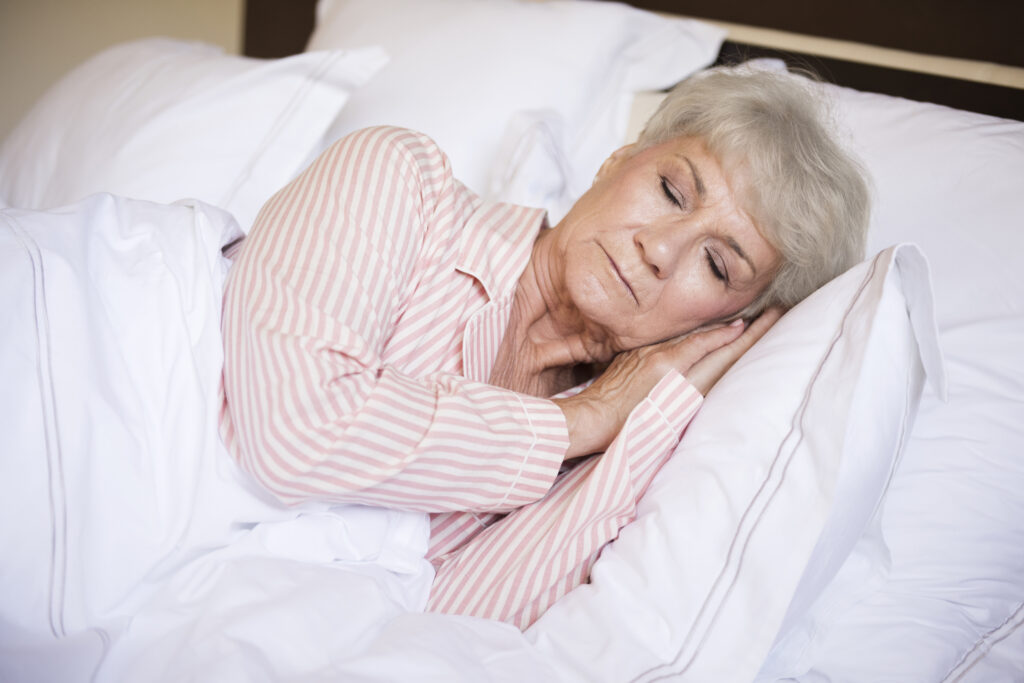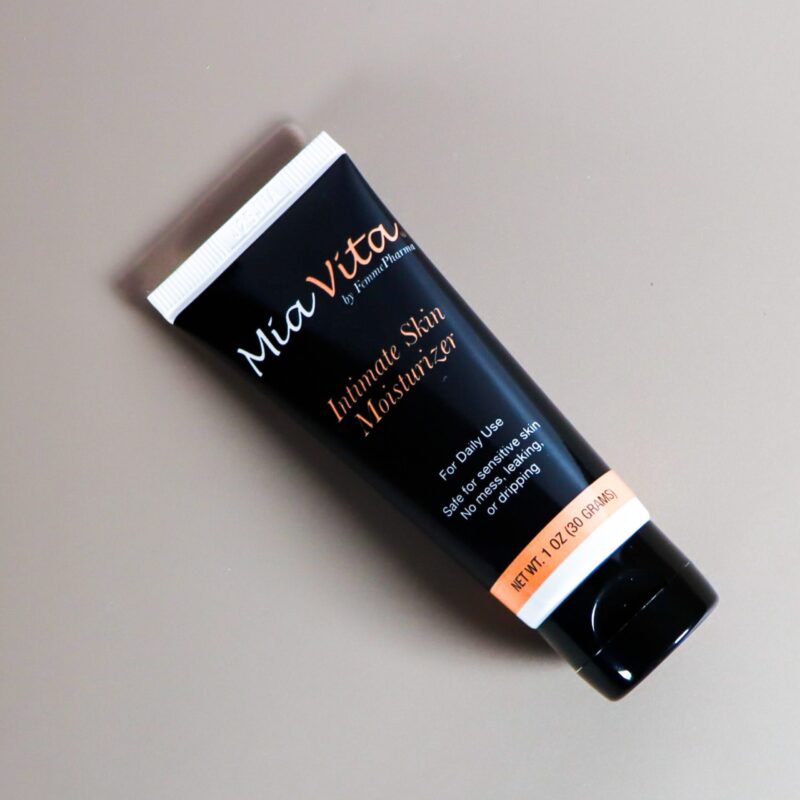Hitting the hay. Catching some zzz’s. Out like a light.
Whatever you want to call it, getting a good night’s sleep is essential to our overall health.
And with 50-70 million people in the US reported as having a sleep disorder, it’s clear that many of us are not getting enough of it.
In this article, we’ll explore why sleep is so important to our health, what conditions can affect our quality of sleep, and how to improve our sleep habits.
How lack of sleep affects overall health
You’ve probably heard it before, but it’s worth repeating: getting enough sleep is super important.
When we sleep, our body restores health to our brain and body. Adequate sleep is responsible for a host of metabolic functions, so when we continuously don’t get enough sleep, it can eventually lead to chronic health problems.
Conditions linked to lack of sleep
Here are some conditions connected to lack of sleep:
Obesity and diabetes
Lack of sleep can lead to insulin resistance. This leads to our bodies requiring more insulin to metabolize our food. And when we have extra insulin – a growth hormone – we gain weight, potentially leading to obesity and even diabetes.
Stroke, cardiovascular disease and dementia
When the insulin levels in our body fluctuate, this causes our “bad cholesterol” – the LDL and triglyceride levels — to go up, and the HDL, or the “good cholesterol” levels to come down. And when triglycerides and LDL increase, we can begin to form plaques in our coronary arteries, or in our brain. This can lead to increased risk for a stroke, coronary artery disease, or dementia.
What conditions can contribute to poor sleep?
Not only can lack of sleep lead to developing certain health conditions, diseases, or disorders, but having certain disorders can lead to a lack of sleep. Some of these include:
Stress
When we’re stressed or worried about something, it’s often more difficult to relax our body and mind to be able to sleep soundly.
Mental health conditions
Mental health conditions such as anxiety, depression, and PTSD come with symptoms that place our body and brains in states of hyperarousal, rumination, or worry – all of which can disrupt our sleep cycles.
Autoimmune disorders
Autoimmune disorders – or conditions that cause your body’s immune system to attack its own healthy body tissues – can lead to chronic sleep issues. This may be due to the chronic pain associated with the disorder, or from medications used to treat the disorder that interfere with a good night’s rest.
Breast cancer
Side effects from breast cancer treatment, as well as a decrease in estrogen (the hormone linked to breast cancer), can both contribute to insomnia and disrupt sleep cycles.
Medications
Certain medications can interfere with sleep. One of these is steroids, a medication used to treat autoimmune disorders and inflammation. Steroids mimic the production of cortisol in the body, a hormone that affects sleep-wake cycles.
Menopause and perimenopause
During perimenopause and menopause, women often have difficulty sleeping.
How to improve sleep habits (sleep hygiene)
Here are some simple yet effective ways for you to begin managing and improving your sleep habits, also known as sleep hygiene.
Limit caffeine intake
Caffeine acts as a stimulant and prevents the mechanisms that occur in your body that promote sleep. As a best practice, try to avoid drinking caffeine six hours before you go to bed.
Track your sleep symptoms
If you know that you’re not sleeping well, it may be helpful to keep a sleep diary and document your symptoms so you can pinpoint the issues. List specifics. Are you having trouble falling asleep? Waking up often in the middle of the night? Have others noticed you snoring or your breathing stopping during the night?
Speak to doctor or sleep specialist
If your sleep problems continue, it may be beneficial to speak with your doctor, who can discuss your concerns and refer you to a sleep specialist if needed. Here’s where the careful documentation in your sleep diary may come in handy.
How to sleep better
If you’re like many of us who struggle getting a good night’s rest, there are things you can do to improve your sleep health. Here are a few suggestions.
Exercise
Regular exercise helps decrease stress and improve relaxation, which helps you fall asleep faster. Just be careful not to exercise too close to bedtime, as the post-workout stimulation and energy may keep you awake.
Cognitive behavioral therapy (CBT)
By practicing cognitive behavioral therapy, or CBT, you can identify which thoughts or behaviors are contributing to insomnia and work to replace them with more realistic and relaxing ones.
Essential oils
Some people find that using essential oils before bed can help them relax.
Sound machines
Adding a fan, white noise, or other calming sounds to your environment may help encourage your body to relax and fall asleep more easily.
Sleep supplements
There are a few natural remedies that are effective in helping with sleep. The Mia Vita Sleep supplement – a combination of melatonin, GABA, L-theanine, and ashwagandha – promotes tranquility, focus, and deep sleep.
Sleep deprivation and insomnia can be frustrating, but by making sleep a priority, examining your sleep hygiene, and exploring natural sleep treatments like supplements and CBT, you can get back on track and start sleeping soundly again.
FemmePharma has been helping women navigate menopause for over two decades. No matter where you are in your journey, you deserve to have knowledgeable, intimate healthcare partners to help you feel your best. Explore our other articles, podcast episodes with women’s health experts, and products to ease your transition into menopause.



